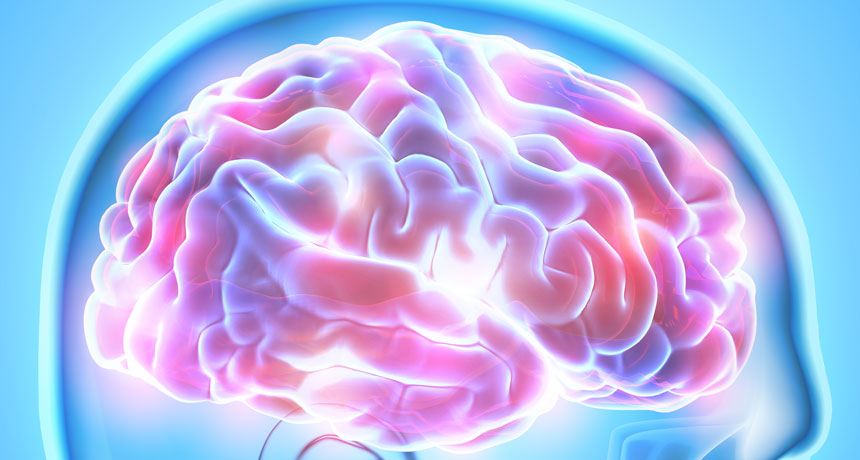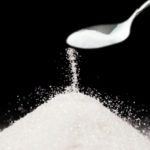Increased concentrations of blood sodium could impact the biological clock, according to an experimentation of rodents by McGill University as published in Nature.
According to researchers at McGill University, injecting a salt solution systemically resulted in an activation of neurons closely related to the brain’s master circadian clock known as the suprachiasmatic nucleus (SCN).
The SCN is a small region of the brain located in the hypothalamus and is widely associated with the regulation of the physiological circadian rhythms.
The new findings from the McGill research group is the first to indicate that SCN is picking up on physiological indications and such indications could regulate the biological clock.
In certain regions of the brain, like the organum vasclosum of the lamina terminalis, could lead to the activation of the brain’s master circadian clock during non-active hours of the day.
“Collectively, our findings provide demonstration that clock time can be regulated by non-photic physiologically relevant cues, and that such cues can drive unscheduled homeostatic responses via clock-output networks,” the co-authors concluded in their findings.


